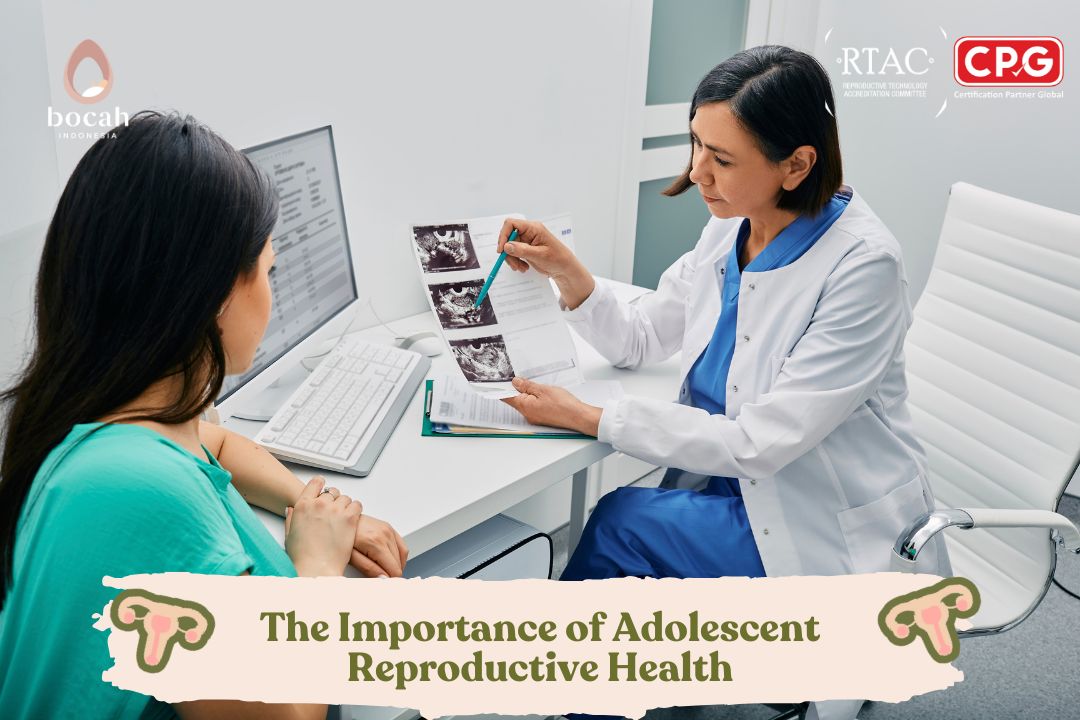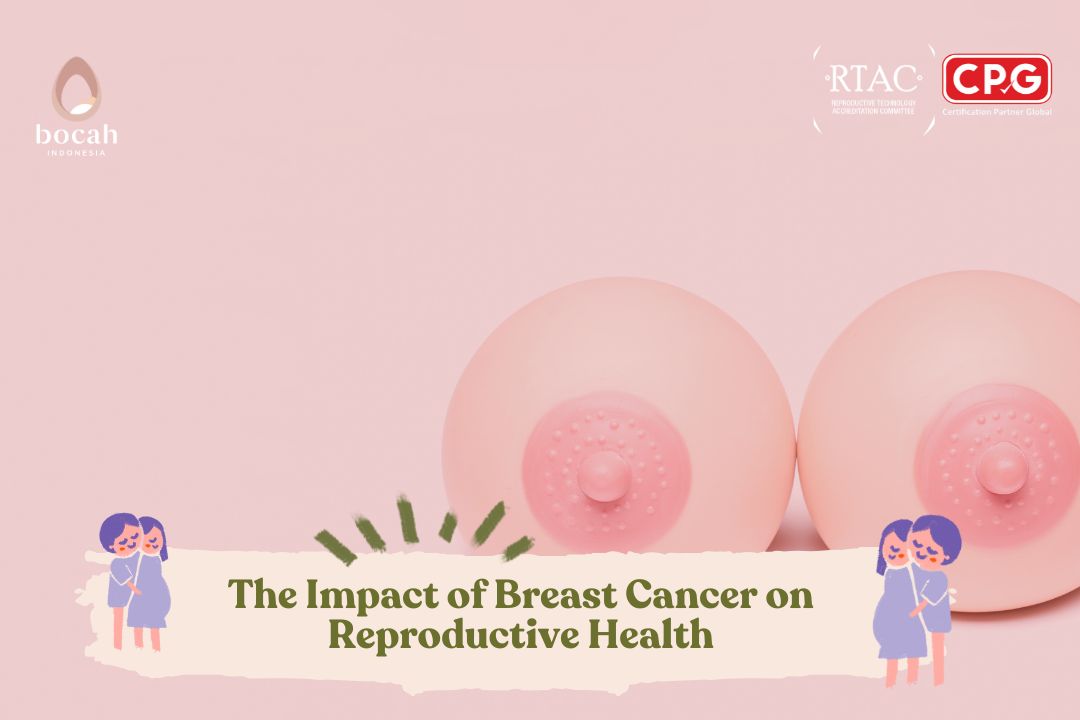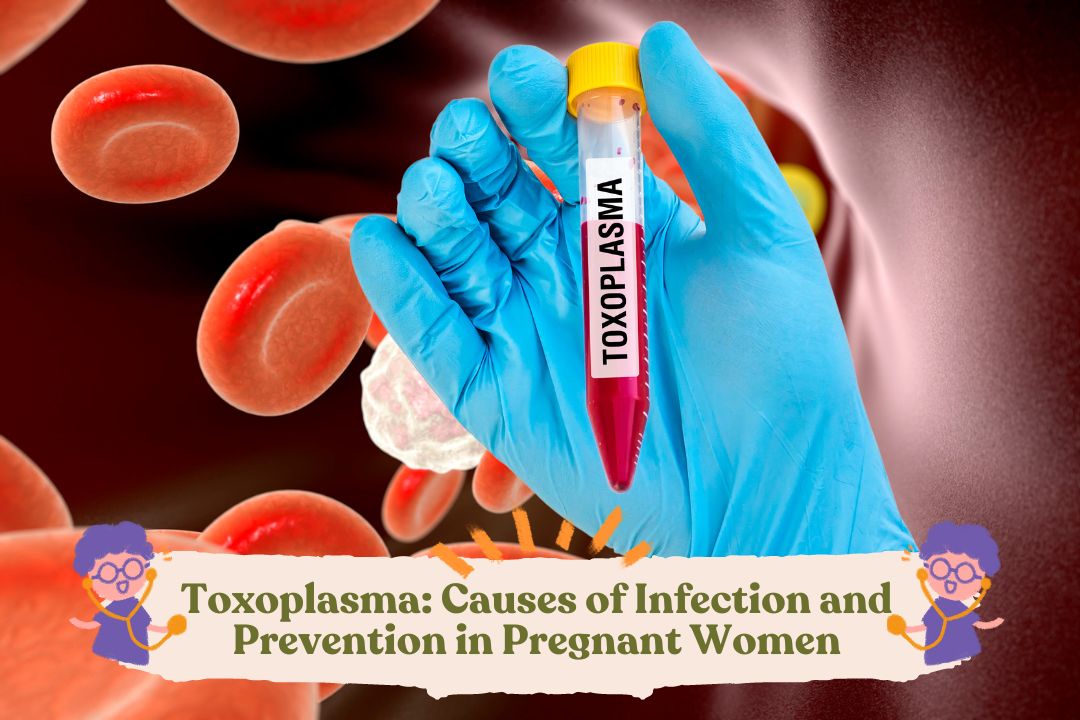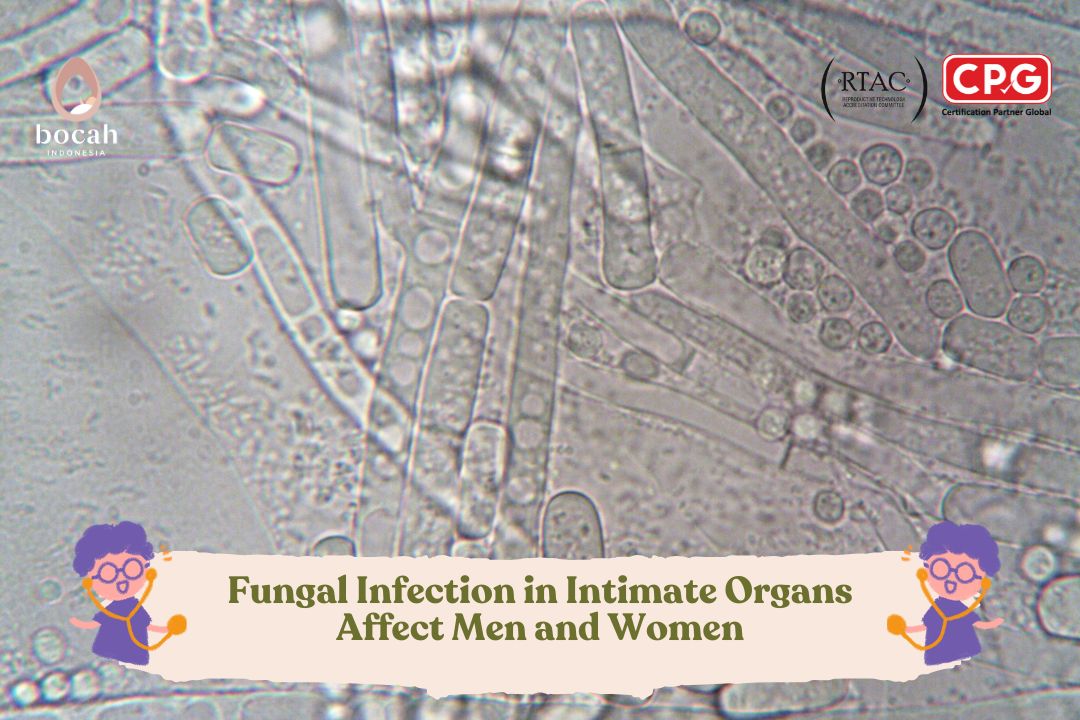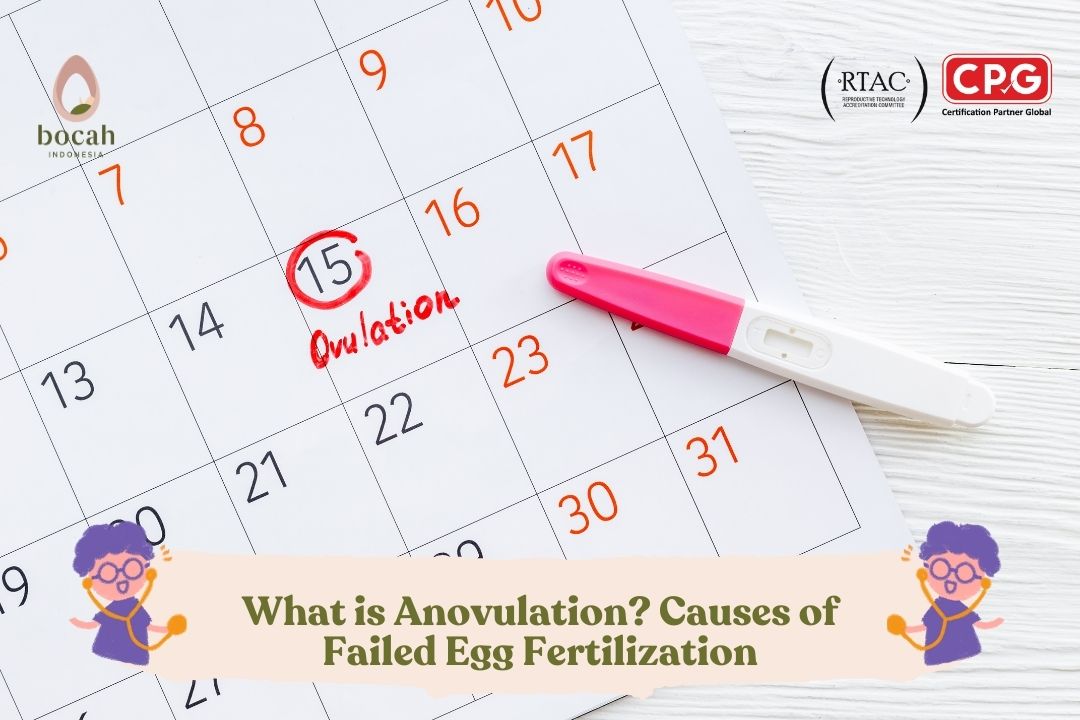Understanding Labia Majora and Women’s Reproductive Health
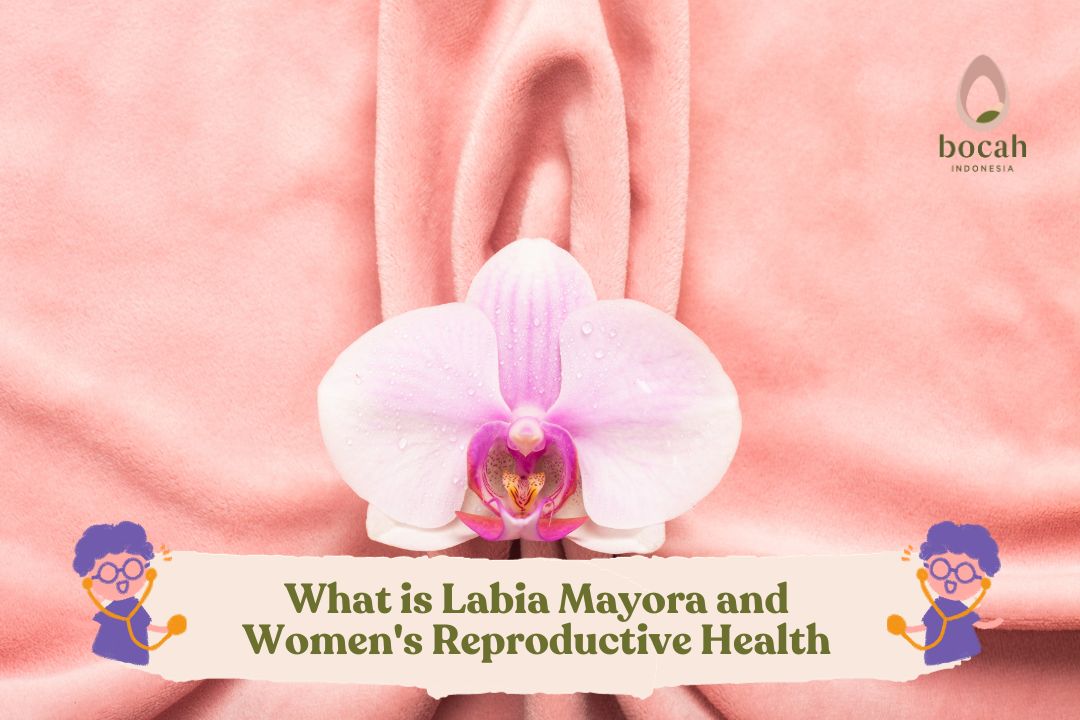
The word “labia” comes from Latin, meaning “lips.” True to its name, labia majora is folds resembling lips found around the vagina.
Labia majora are skin folds that protect the inner parts of a woman’s intimate organ, much like lips. Their function is to shield and safeguard the vaginal area from germs and infections, ensuring it stays clean.
If labia majora encounters health issues, such as inflammation or infection, it can lead to discomfort and health problems in a woman’s intimate area. So, keeping labia majora clean and healthy is crucial.
What Is Labia Majora?
Labia majora is a part of the female reproductive organ known as the vulva. This organ is located in the genital area on the body’s surface, alongside the labia minora, clitoris, and vagina.
Labia majora appears as two large folds on the outer part of the vagina. The length of labia majora can vary among women but generally ranges from 2 to 10 centimeters.
Tanya Mincah tentang Promil?
Labia majora plays a role in protecting the more delicate and sensitive structures inside the vulva, such as the labia minora, clitoris, urinary opening, and vaginal opening.
Unlike the inner structures of the vulva, labia majora contains many pubic hairs that help protect other parts of the vulva from mechanical pressure and friction.
The adipose tissue of labia majora also helps protect the vulva from external pressure. Many exocrine glands are associated with the hair follicles of labia majora, including apocrine sweat glands, eccrine sweat glands, and sebaceous glands.
Eccrine sweat glands assist in thermoregulation by producing watery sweat, while sebaceous glands produce oil to lubricate the hair shaft and skin.
Apocrine sweat glands produce a fatty secretion consumed by bacteria living on the skin, resulting in a specific body odor. The odor produced by apocrine sweat glands is believed to have functioned as a pheromone to attract mates.
Health Issues with Labia Majora
Health issues that may occur with labia majora can cause various symptoms, including:
Vulvovaginitis
Vulvovaginitis is an inflammation of the vulva (labial lips) and the vagina, often caused by bacterial infections. Symptoms include discharge, pain, itching, and discomfort during urination or sexual intercourse.
Folliculitis
If you experience pain, itching, or pustules on the outer genital area, especially on the labia majora, it could be a sign of folliculitis. This inflammation occurs in hair follicles around the labia majora and can result from bacterial infections.
Bartholin’s Cyst
This cyst occurs due to the blockage of Bartholin’s glands, which function to release lubricating fluid during sexual intercourse. Symptoms include a swollen lump, redness, and pain. If it becomes infected, it should be treated by a doctor.
Dermatitis
Dermatitis can also occur in the vaginal area. Dermatitis is skin irritation that may be caused by allergies to chemicals in soap or cleaning products. Symptoms include itching, burning, and pain in the vulva.
Genital Herpes
This is a sexually transmitted disease caused by the herpes simplex virus. Symptoms can include blister sores around the vagina, painful urination, and unusual discharge.
6. Genital Warts
You may have heard of genital warts; this condition is caused by HPV and can appear around the labia majora. Warts usually do not cause pain but can be itchy and uncomfortable.
7. Vulvar Cancer
Lastly, a health issue that can occur with labia majora is vulvar cancer. This cancer affects the outer vulva and can present symptoms like lumps, itching, pain, bleeding, and non-healing sores.
In addition to the issues mentioned above, various other health disorders can affect labia majora, such as vulvodynia (pain in the vulva) and autoimmune diseases that affect the skin around the vulva and labia majora, such as psoriasis and lichen planus. If you experience symptoms or health problems with labia majora, it’s important to consult a doctor or healthcare professional for a proper diagnosis and treatment.
How to Take Care of Labia Majora
Taking care of the labia majora is an essential part of maintaining intimate organ health. Here are some steps that can help you take good care of your labia majora:
Maintain Labia Majora Cleanliness
Regularly clean the labia majora area while bathing. Use warm water and a gentle cleanser without fragrances or harsh chemicals. Avoid soaps that can irritate the skin.
Avoid Scented Soaps and Chemical Products
Soaps and cleaning products that contain fragrances or harsh chemicals can cause irritation. Use products designed specifically for the feminine area with a balanced pH.
Gently Pat Dry
After washing, gently pat dry the labia majora area using a clean towel. Avoid vigorous rubbing, as it can cause irritation.
Avoid Tight Clothing
Wear underwear made of soft materials like cotton. Avoid overly tight underwear, as it can cause friction and irritation.
Avoid Excessive Shaving
You are not prohibited from shaving pubic hair, but avoid shaving too closely or too frequently, as this can lead to folliculitis or irritation.
Pay Attention to Symptoms
If you experience symptoms like itching, pain, changes in color, or unusual changes in the labia majora, immediately consult a doctor. These could be signs of health problems that need to be addressed.
Use Lubricants
During sexual intercourse, especially if it feels dry, consider using water-based lubricants to avoid excessive friction that can cause irritation.
HPV Vaccination
HPV vaccination can help protect against the virus infection that can cause genital warts and contribute to the risk of vulvar cancer. Consult with a doctor about HPV vaccination.
Regular Checkups
It is crucial to have regular health checkups with a doctor or gynecologist. Doctors can help detect health problems in the labia majora and other intimate organs earlier.
Maintaining cleanliness, avoiding irritation, and giving special attention to the labia majora are essential steps in caring for women’s intimate organ health.
Always remember to consult with a doctor or healthcare professional if you have concerns or troublesome symptoms.
That’s the explanation about labia majora. If you experience health problems related to intimate organs or want to know more about fertility information, find more accurate information on the Bocah Indonesia website.
Source:
- Chemaitelly, et al. Characterizing Herpes Simplex Virus Type 1 and Type 2 Seroprevalence Declines and Epidemiological Association in the United States. PLoS One, doi: 10.1371/journal.pone.0214151. https://journals.plos.org/plosone/article?id=10.1371/journal.pone.0214151
- The American College of Obstetricians and Gynecologists (2019). Disorders of the Vulva: Common Causes of Vulvar Pain, Burning, and Itching. https://www.acog.org/womens-health/faqs/disorders-of-the-vulva-common-causes-of-vulvar-pain-burning-and-itching
- National Health Service UK. Health A to Z. Genital Herpes. Diakses 2023.
- Mayo Clinic. Diseases and Conditions. Vulvar Cancer. Diakses 2023.
- Cancet.Net. American Society of Clinical Oncology. Vulvar Cancer: Symptoms and Signs. Diakses 2023.
- 4 Herbal Medicine to Improve Male Fertility - 01/07/2025
- 7 Signs of PCOS Every Woman Should Know - 30/06/2025
- Ultimate Guide: Boosting Egg Quality for a Healthy Pregnancy Journey - 23/06/2025


